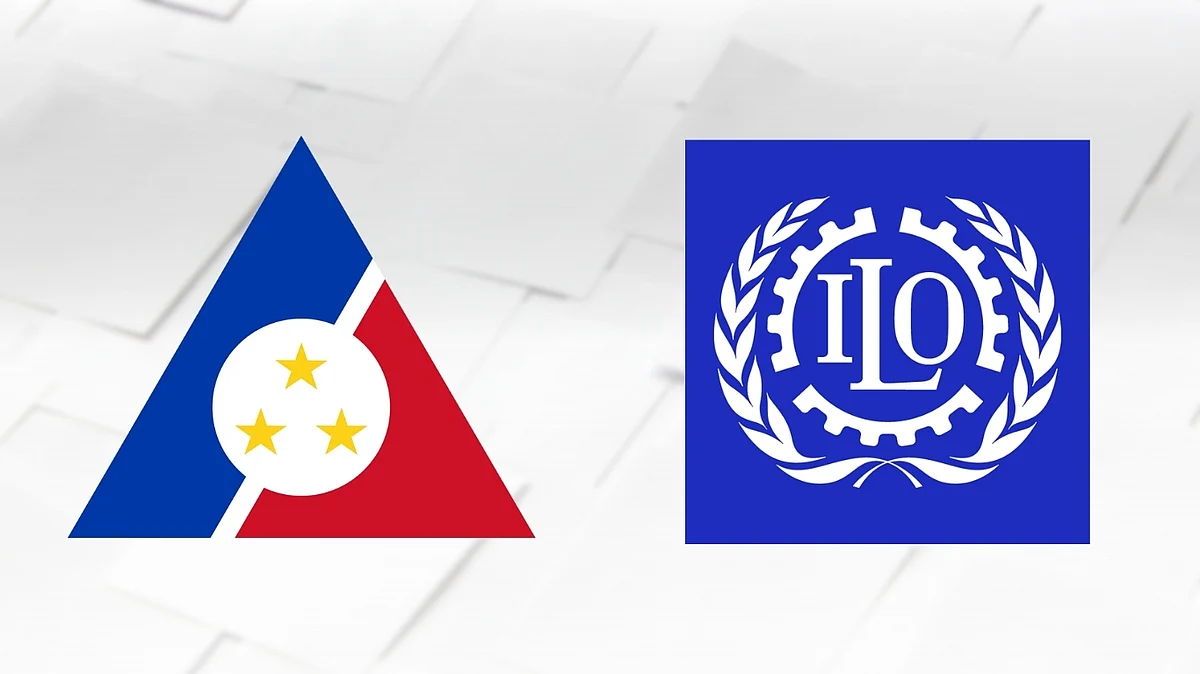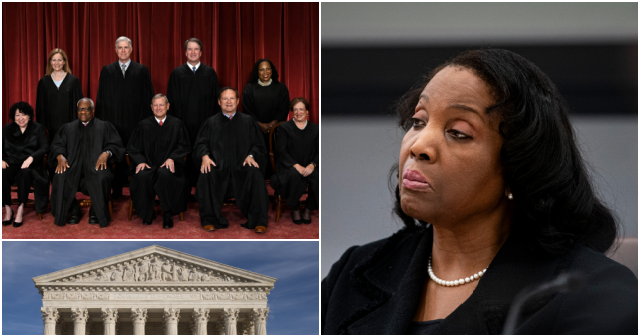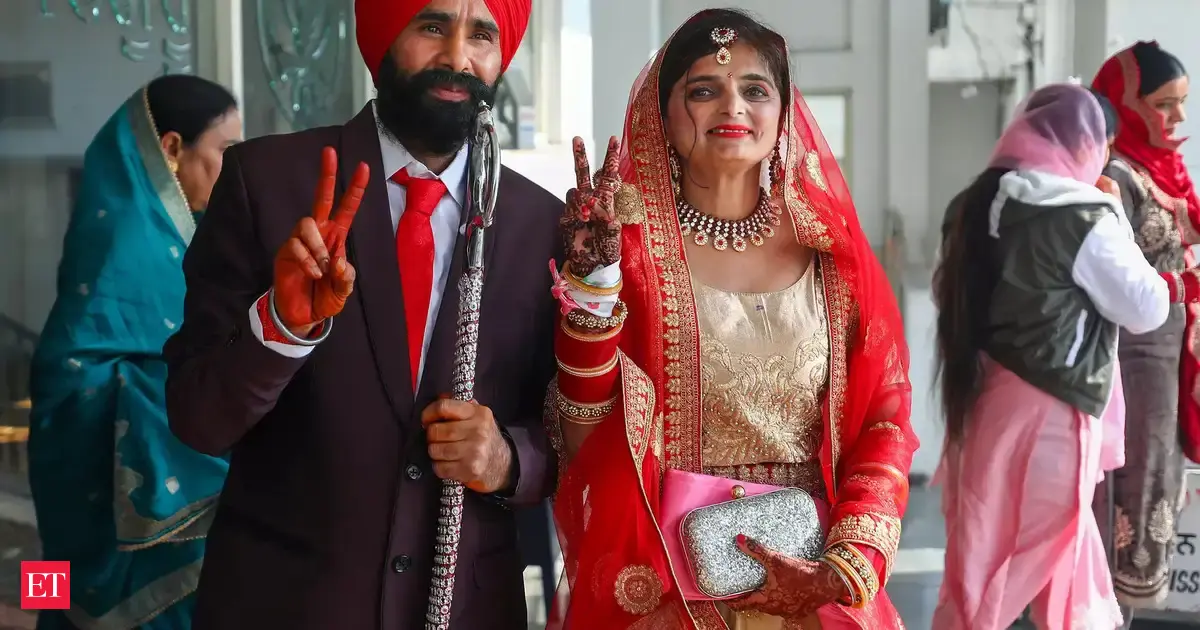By Pat C. Santos
Copyright tribune

The Philippines has rolled out a new training program to promote and strengthen freedom of association, a fundamental labor right that underpins democratic participation and workplace fairness.Recently, the Department of Labor and Employment (DoLE), in partnership with the International Labor Organization (ILO), launched the DoLE-ILO Freedom of Association (FoA) Training Program in Makati City.The initiative is designed to equip workers’ and employers’ groups, government agencies, security forces, and academic institutions with the knowledge and tools to better uphold and implement labor rights. The training modules cover a wide range of issues, including international labor standards, documenting and reporting violations, global trade and human rights, as well as the intersections of gender, climate, and migration with labor rights.Executive Secretary Lucas P. Bersamin, speaking at the event, linked the effort to President Ferdinand R. Marcos Jr.’s broader pledge to safeguard democratic freedoms in the country.“It reaffirms the ideal that democracy cannot flourish unless the exercise of the freedom of association, among others, is genuinely honored, fully protected, and actually lived each day,” Bersamin said.Labor Secretary Bienvenido E. Laguesma stressed that the initiative is key to protecting the rights of workers to organize and bargain collectively. He framed freedom of association not only as a legal entitlement but also as a human right that “gives people a voice [and] protects their dignity.”Laguesma said the DoLE intends to integrate FoA principles into other labor programs and services to ensure that these rights are “not only taught but internalized and lived in the daily realities of our workplaces, communities, and institutions.” He added that the department will work to expand the reach of the program to a wider public.“We will continue to build on this program and do our part to make sure it reaches a wider public, so that the principles of freedom of association are understood, embraced, and properly practiced across society,” he said.“To achieve this, we need more advocates who can carry the message of freedom of association forward. Each new advocate helps the message find its way to more people and into more spaces where it needs to be heard,” he added.ILO Country Office for the Philippines Director Khalid Hassan noted the Philippines’ “significant progress” in social dialogue and protection of FoA. He urged labor, business, and government stakeholders to sustain efforts and maintain momentum.Representatives of the international community and local partners also expressed support. Messages were delivered by Simon Snoxell, Counsellor and Head of Cooperation of the Embassy of Canada; Ambassador Massimo Santoro of the Delegation of the European Union to the Philippines; and representatives of trade unions, employers’ organizations, and the Commission on Human Rights.Freedom of association has been a recurring concern in the Philippines’ labor history. During the martial law period under Ferdinand Marcos Sr., trade union activity was heavily restricted, with union leaders facing harassment, arrests, or disappearances. Even in the post-EDSA era, while democratic institutions were restored, unions have often reported intimidation, red-tagging, and violence against organizers. The ILO has repeatedly called on the Philippines to align labor practices with international conventions on workers’ rights, particularly on protecting union members from retaliation. Despite these challenges, the country has seen milestones such as the ratification of ILO Convention 87 on freedom of association and Convention 98 on collective bargaining. The new FOA training program builds on this history, attempting to address lingering gaps in labor protection while strengthening mechanisms for dialogue among workers, employers, and government.



